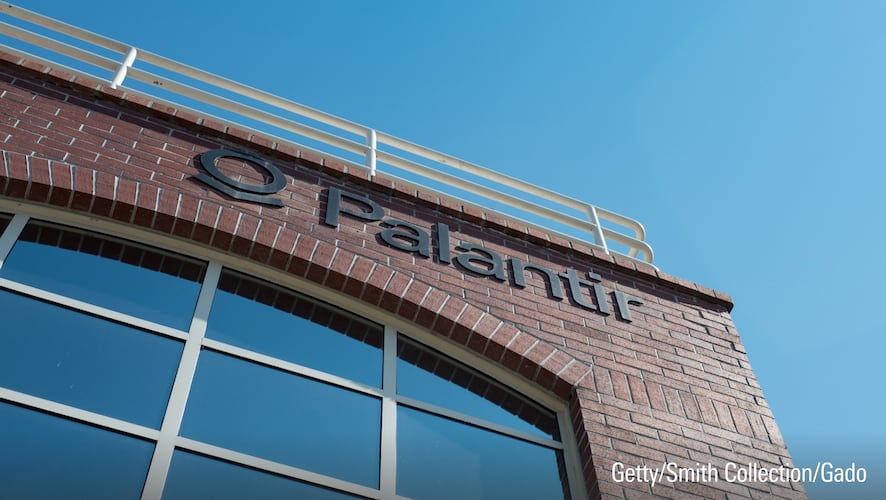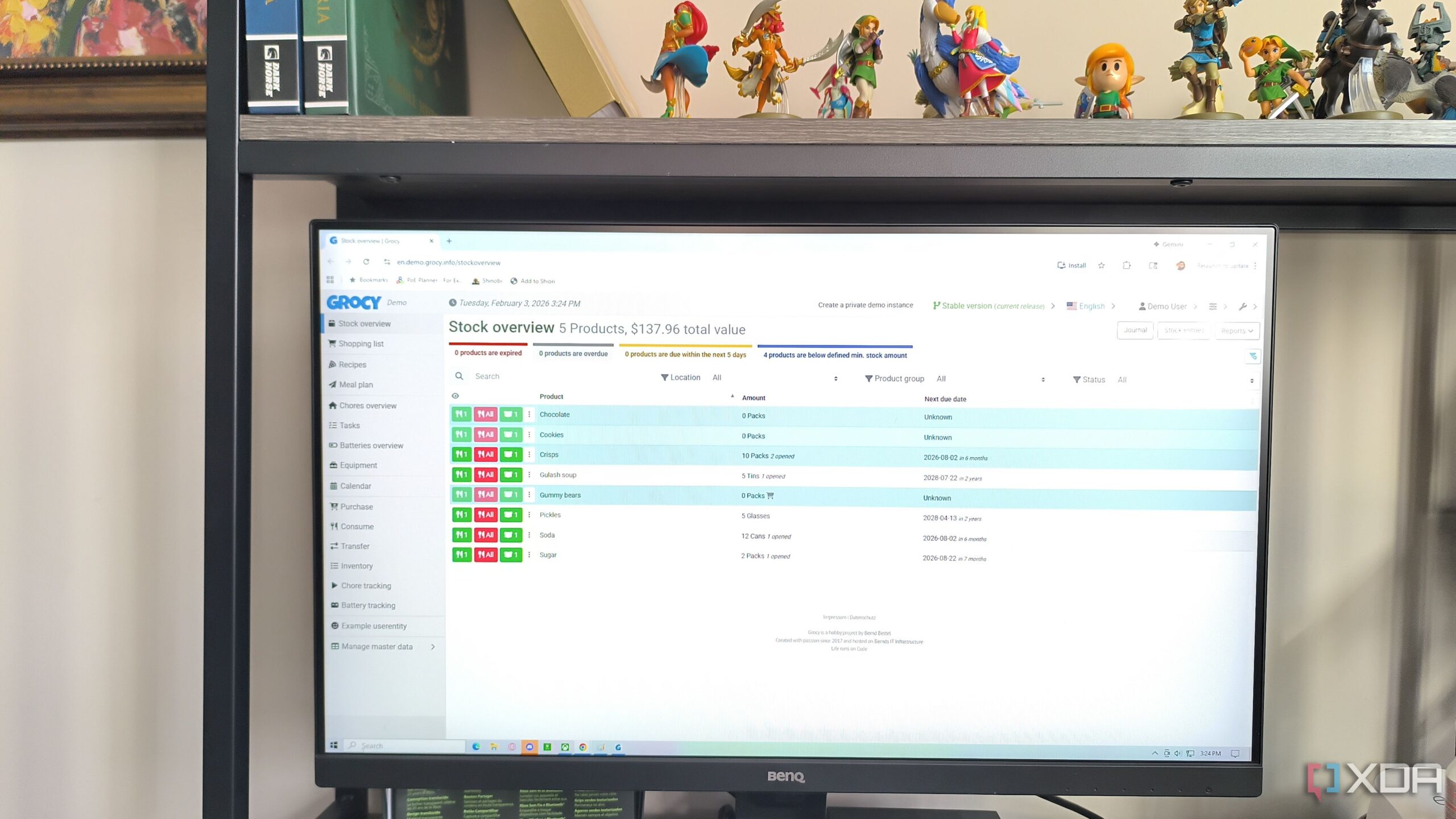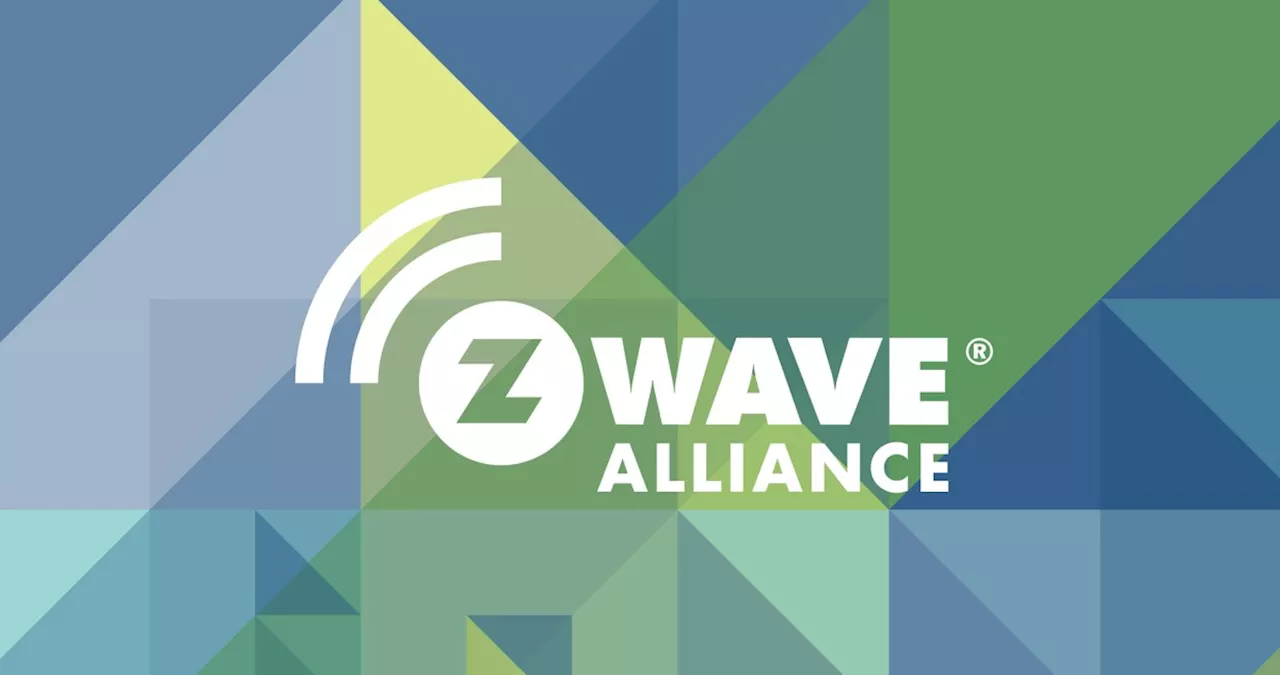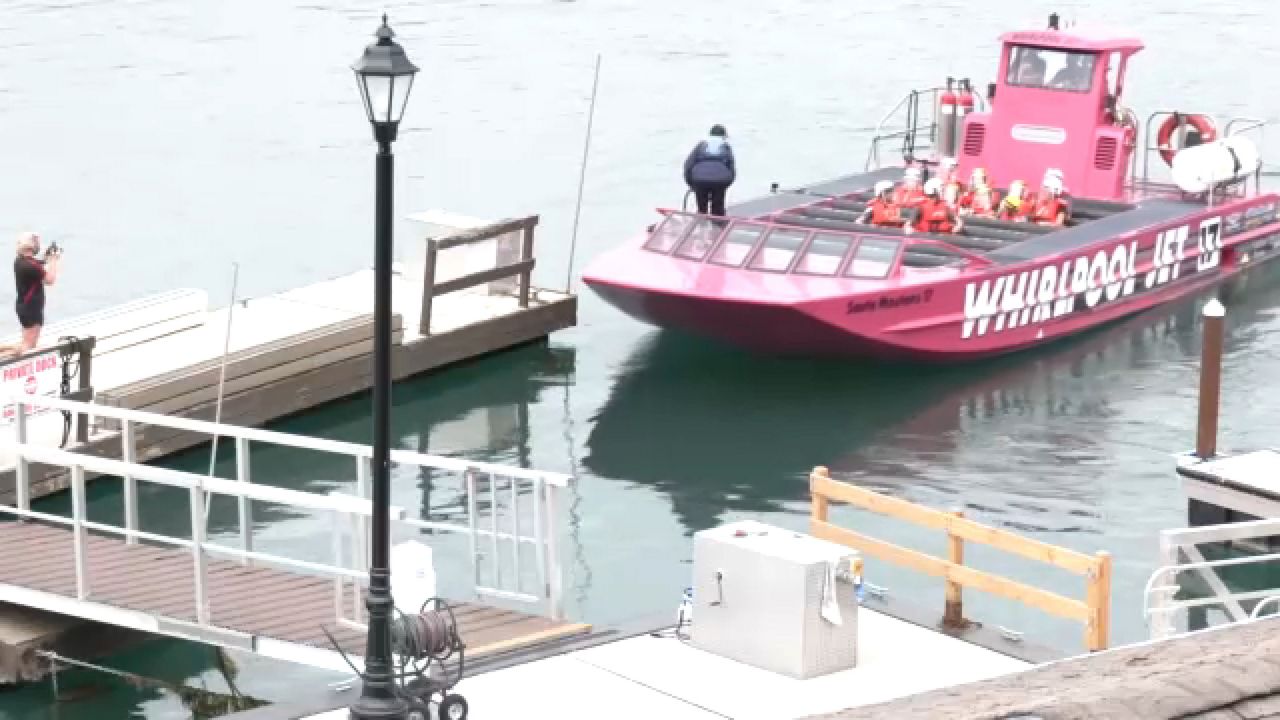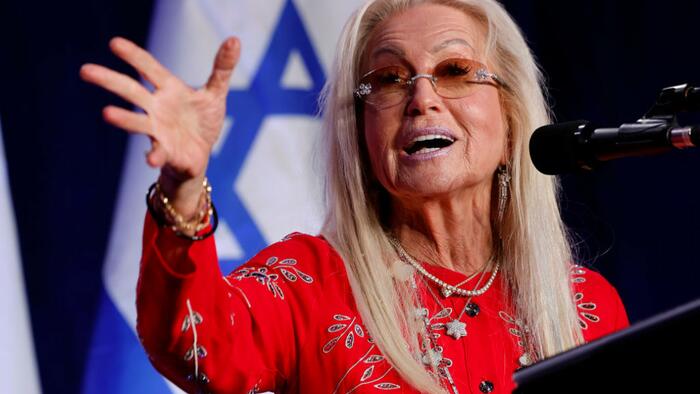
A new Super PAC named “MAGA Kentucky,” aimed at supporting a primary challenge against Congressman Thomas Massie, is entirely funded by three billionaires with strong ties to pro-Israel interests. Disclosure filings from the Federal Election Commission reveal that this political action committee (PAC) was established in June 2025, shortly after former President Donald Trump criticized Massie for opposing U.S. military involvement alongside Israel in its conflict with Iran.
The financial backing for the Super PAC comes from notable figures: Paul Singer, a hedge fund manager from New York, contributed $1 million. John Paulson, another hedge fund manager from Florida, added $250,000. Additionally, $750,000 was received from the Preserve America Super PAC, which has been significantly funded by Miriam Adelson, a well-known pro-Israel philanthropist. This funding pattern raises questions about the motivations behind the PAC’s campaign against Massie, who has been a consistent critic of U.S. foreign aid to Israel.
Massie has often clashed with Trump, particularly on fiscal issues. He opposed the $2 trillion COVID-19 relief package championed by Trump in 2020 and has voted against various spending bills, including this year’s “Big Beautiful Bill.” His criticism of U.S. involvement in Israel’s military actions appears to have intensified tensions with Trump, leading to the establishment of the PAC.
According to Chris LaCivita, one of Trump’s top political operatives overseeing the PAC, the organization will spare no expense in its efforts to unseat Massie. The PAC has already begun running attack ads that accuse him of “siding with Iran” and voting against key elements of legislation designed to aid the country.
The name “MAGA Kentucky” has been criticized as misleading. Not only do its funders lack connections to Kentucky, but their primary objective seems to be retaliating against Massie for his stance on foreign aid and military involvement in the Middle East. As Massie himself noted, “Three billionaires from New York City and Las Vegas have funded a super PAC deceptively named Kentucky MAGA to run millions of dollars of negative ads against me.”
Massie’s political history reflects a commitment to a non-interventionist foreign policy and fiscal conservatism. Elected to Congress in 2012, he has garnered a reputation among libertarians and conservative circles, seen by many as a successor to the influential Ron Paul. Recently, he has taken steps to publish investigative documents related to the Epstein case, showing his willingness to challenge political norms.
In response to the PAC’s activities, Massie has launched counter-ads and called for public support, emphasizing the importance of grassroots contributions. His stance against foreign aid to Israel, particularly during a time of heightened scrutiny regarding U.S. military involvement, has resonated with a segment of voters who appreciate his commitment to constitutional principles.
As the political landscape continues to evolve, the conflict between Massie and the newly formed PAC illustrates the intersection of foreign policy and domestic political battles. This dynamic will likely influence upcoming elections, as more candidates may find themselves in similar situations, facing substantial funding from outside their constituencies aimed at undermining their positions.
The ongoing developments in this political contest suggest that the tensions surrounding foreign aid and military involvement will remain prominent issues in American politics, particularly as differing views emerge within the Republican Party.

